Vitamins and minerals are essential nutrients that support nearly every function in the body, from energy production and immune defense to bone strength and cognitive health. These micronutrients act as catalysts for vital biochemical processes, ensuring that the body operates efficiently. While vitamins help regulate metabolism, support cell growth, and enhance immunity, minerals contribute to strong bones, fluid balance, and nerve function. Since the body cannot always produce these nutrients on its own, they must be obtained through a balanced diet or supplementation. Maintaining optimal levels of vitamins and minerals is key to overall health, longevity, and daily vitality.
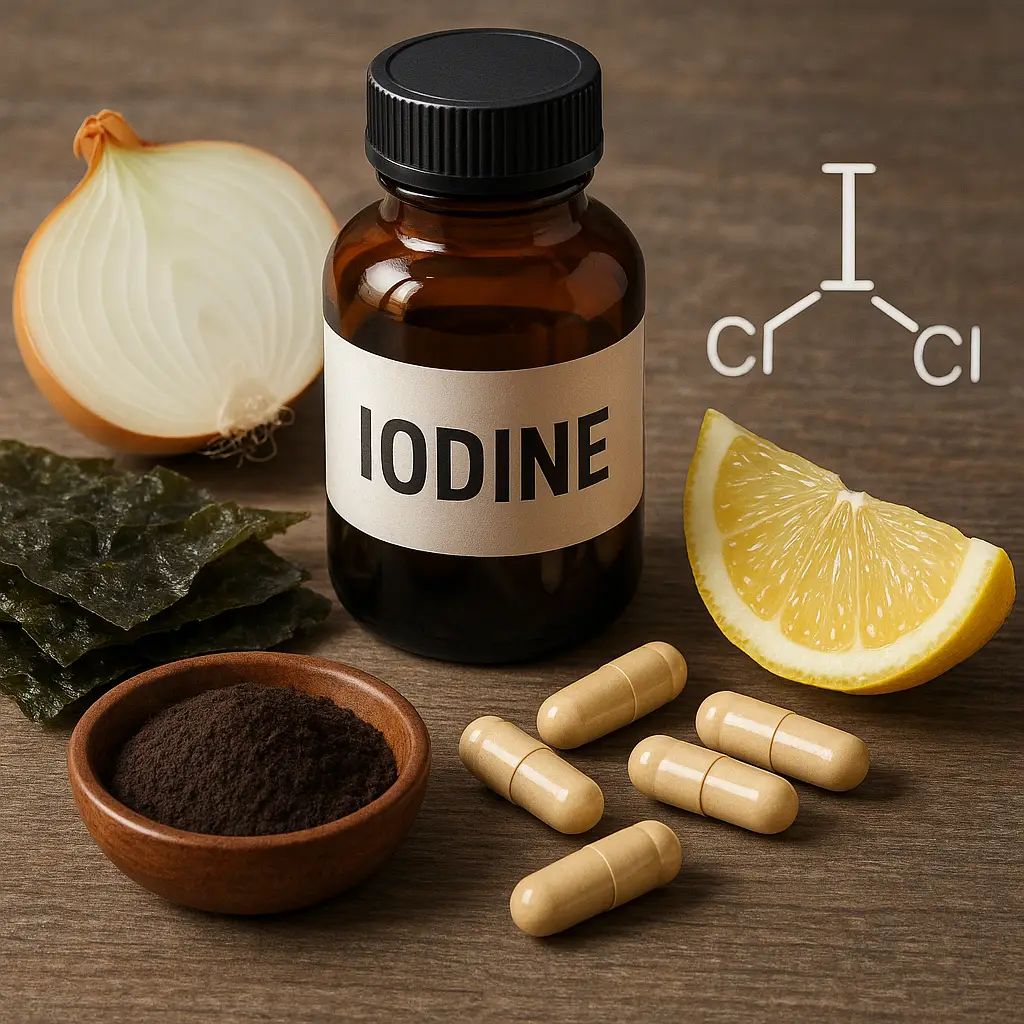
Iodine is a trace element that is crucial for the synthesis of thyroid hormones, which regulate metabolism, growth, and development. It is naturally …
Read more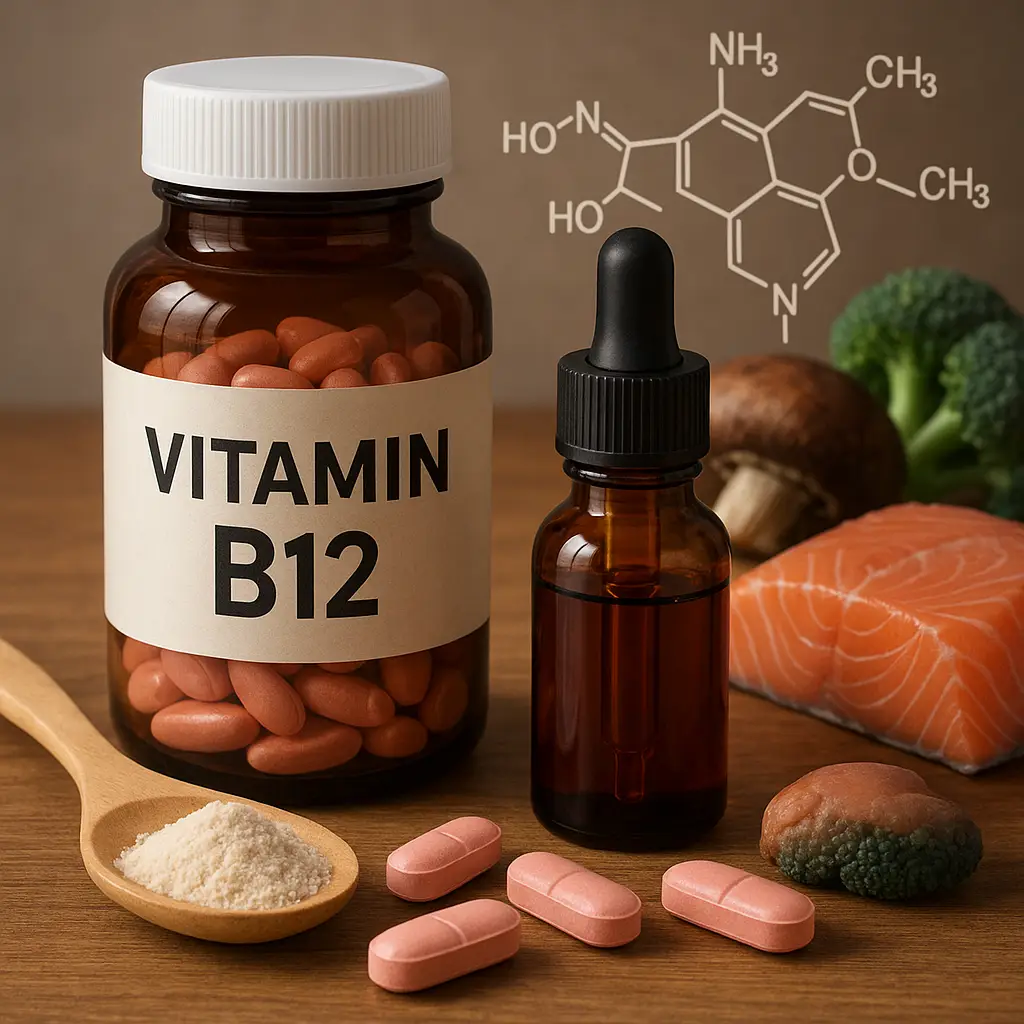
html What is Vitamin B12? Vitamin B12, also known as cobalamin, is a water-soluble vitamin essential for various bodily functions. It plays a criti…
Read more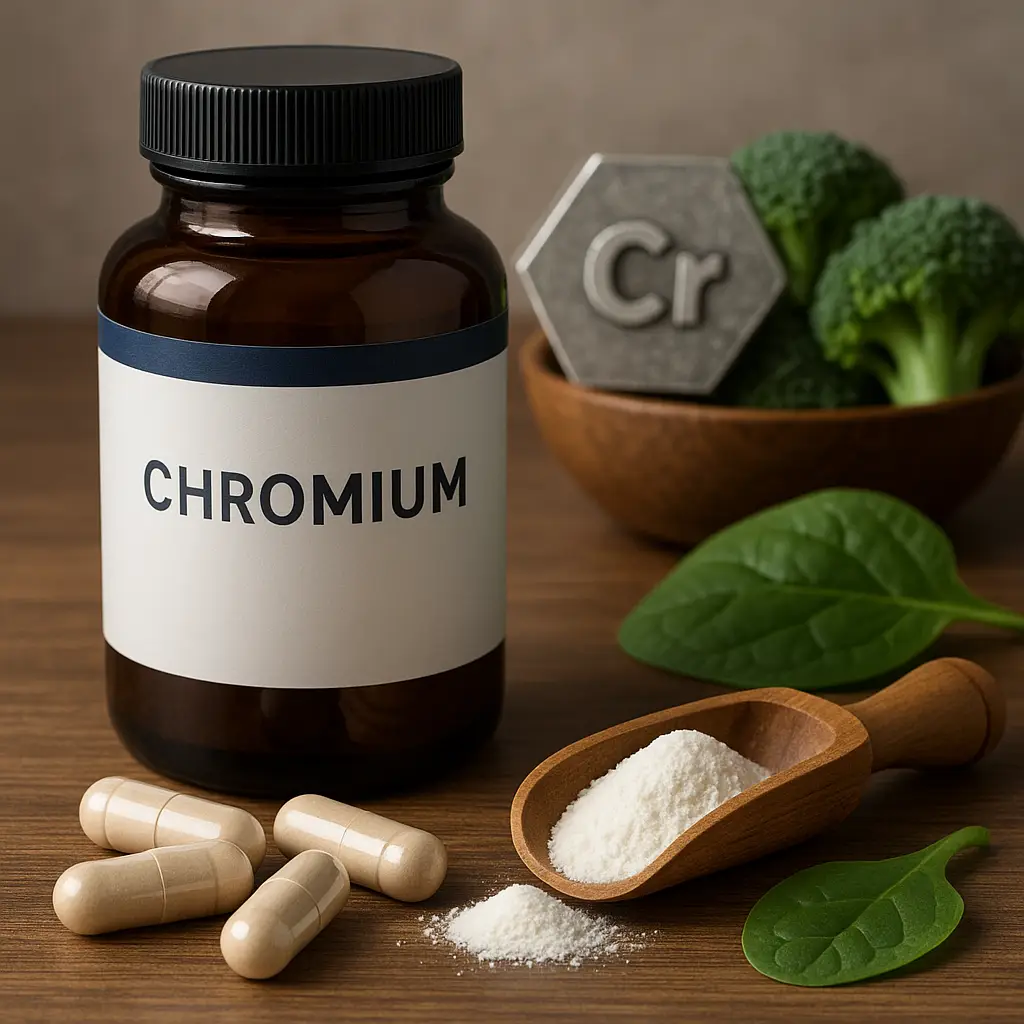
What is Chromium? Chromium is a trace mineral essential for human health, primarily known for its role in enhancing insulin sensitivity and glucose …
Read more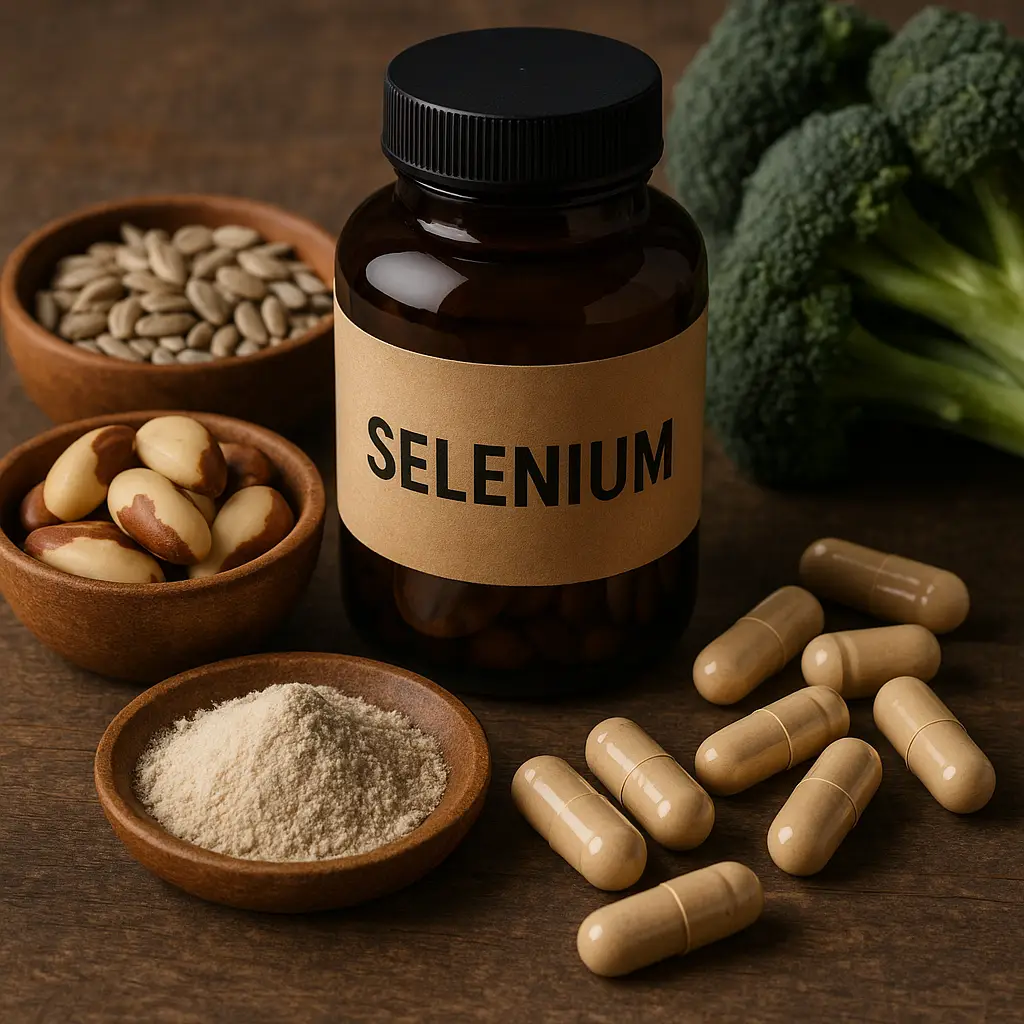
Selenium: The Essential Element for Health and Performance Selenium is a trace mineral that plays a crucial role in various bodily functions. Disc…
Read more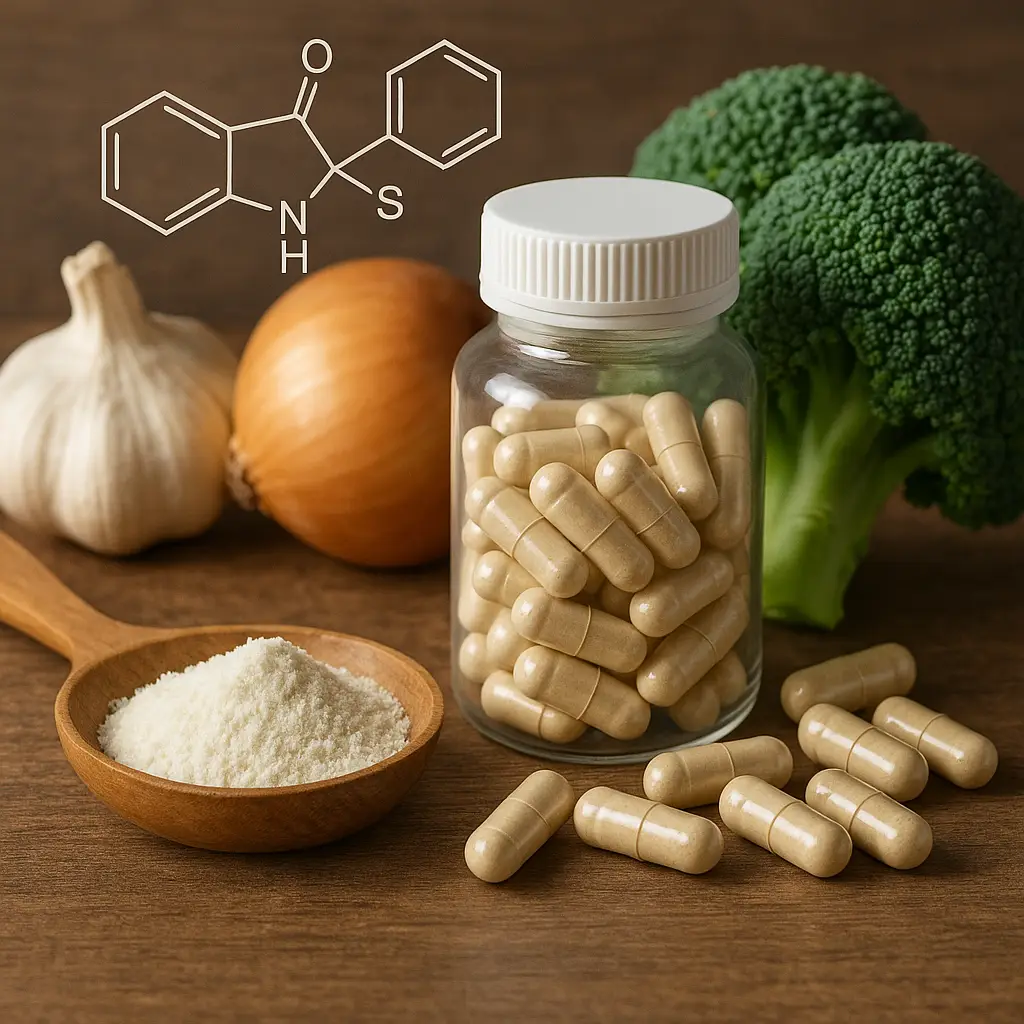
What is Benfotiamine? Benfotiamine is a synthetic derivative of thiamine (Vitamin B1) that was first developed in Japan. Unlike thiamine, which is w…
Read more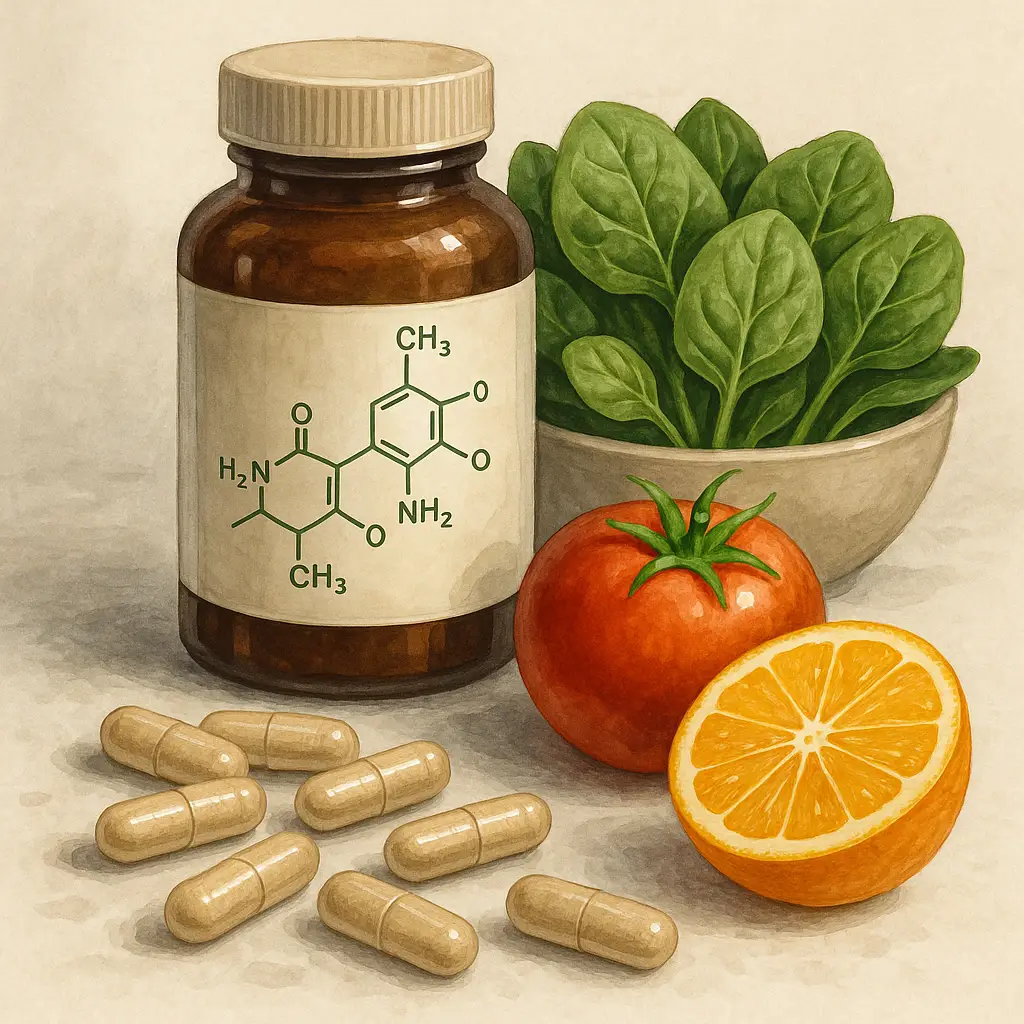
Understanding Folate: The Essential Nutrient Folate, also known as Vitamin B9, is a water-soluble vitamin that plays a crucial role in many bodily…
Read more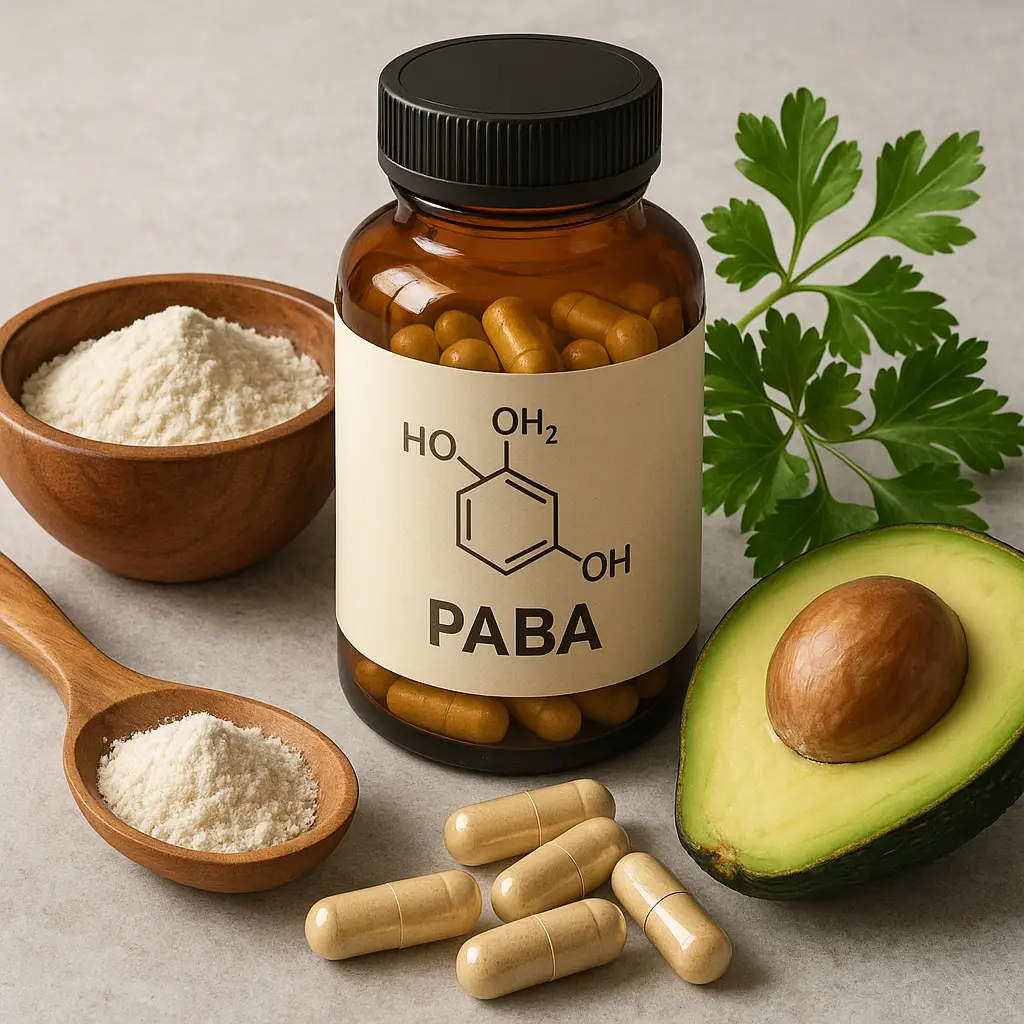
What is PABA? PABA, or para-aminobenzoic acid, is a compound that belongs to the B-vitamin family, although it is not strictly a vitamin itself. It …
Read more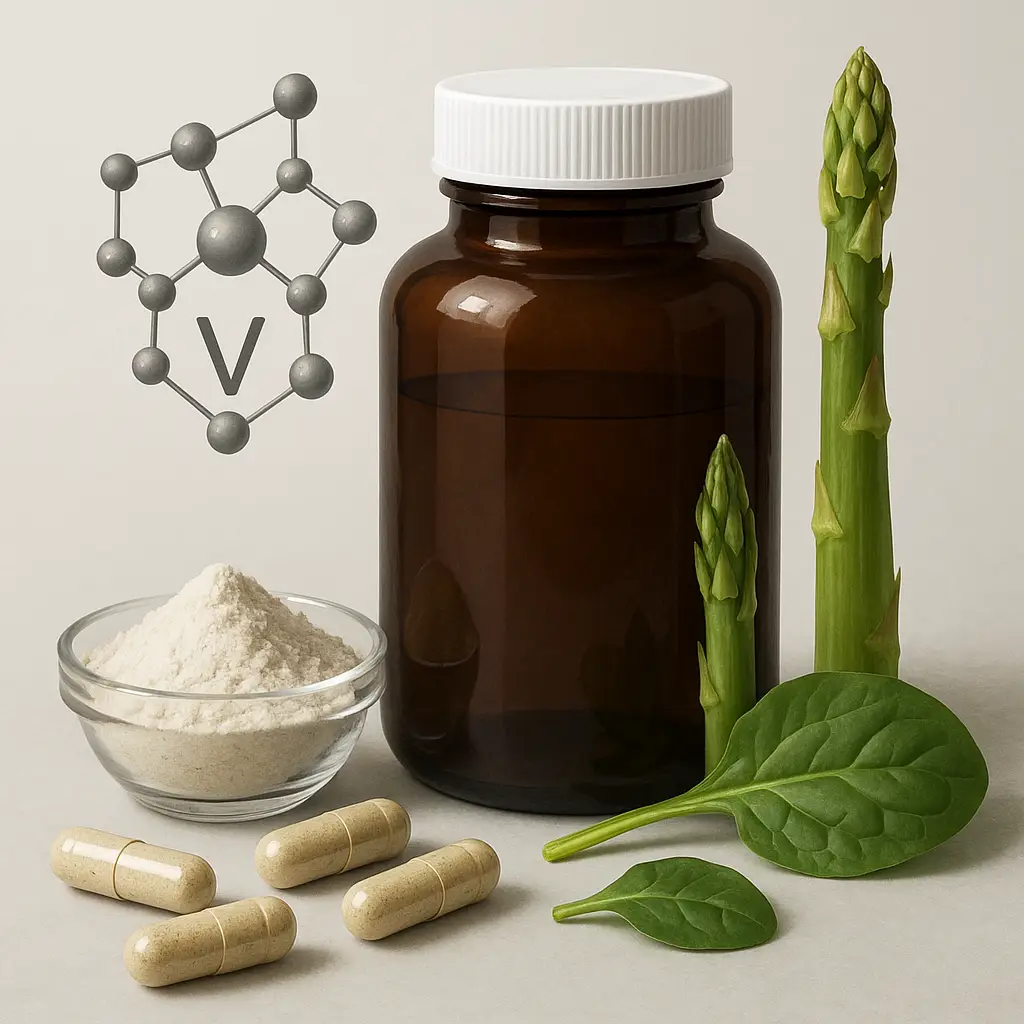
Understanding Vanadium: An Essential Trace Mineral Vanadium is a naturally occurring trace mineral that plays a role in various biological process…
Read more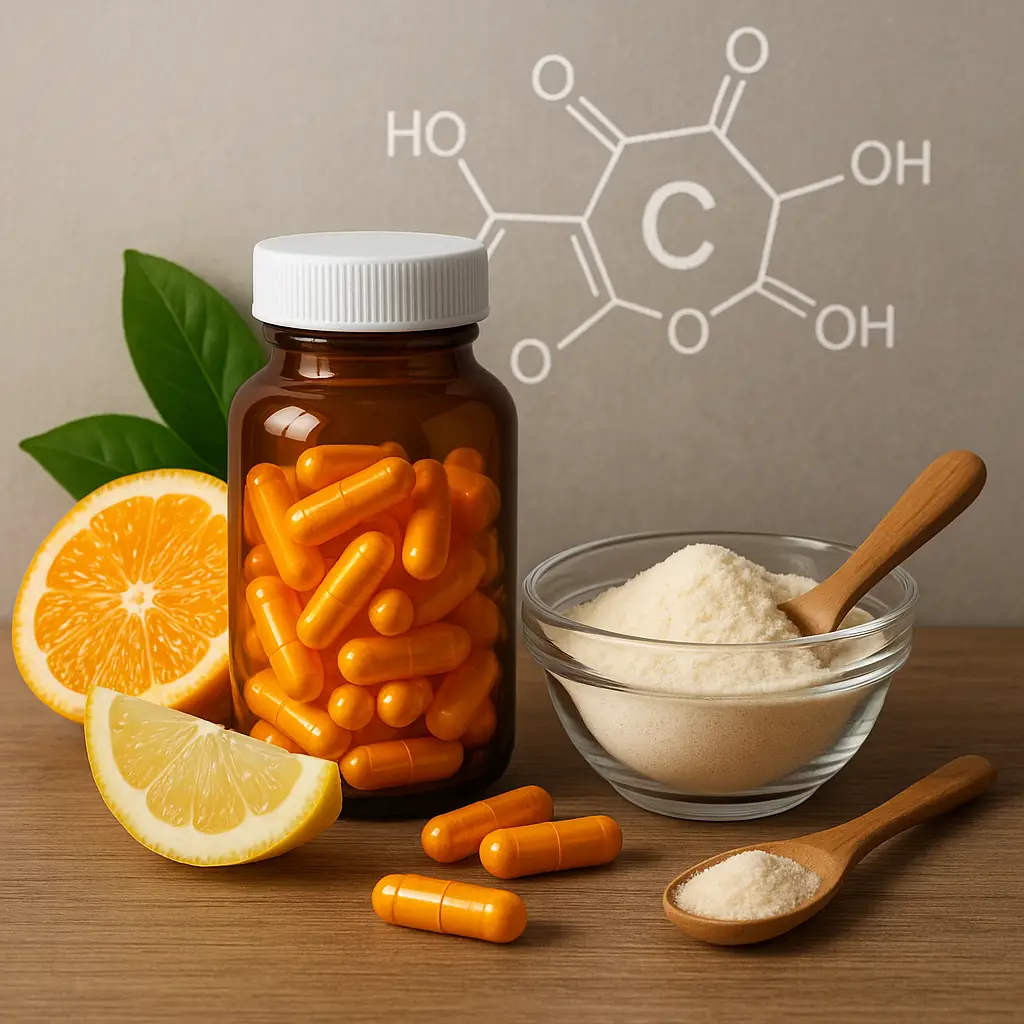
Understanding Vitamin C: The Essential Nutrient for Health and Performance Vitamin C, also known as ascorbic acid, is a water-soluble vitamin that…
Read more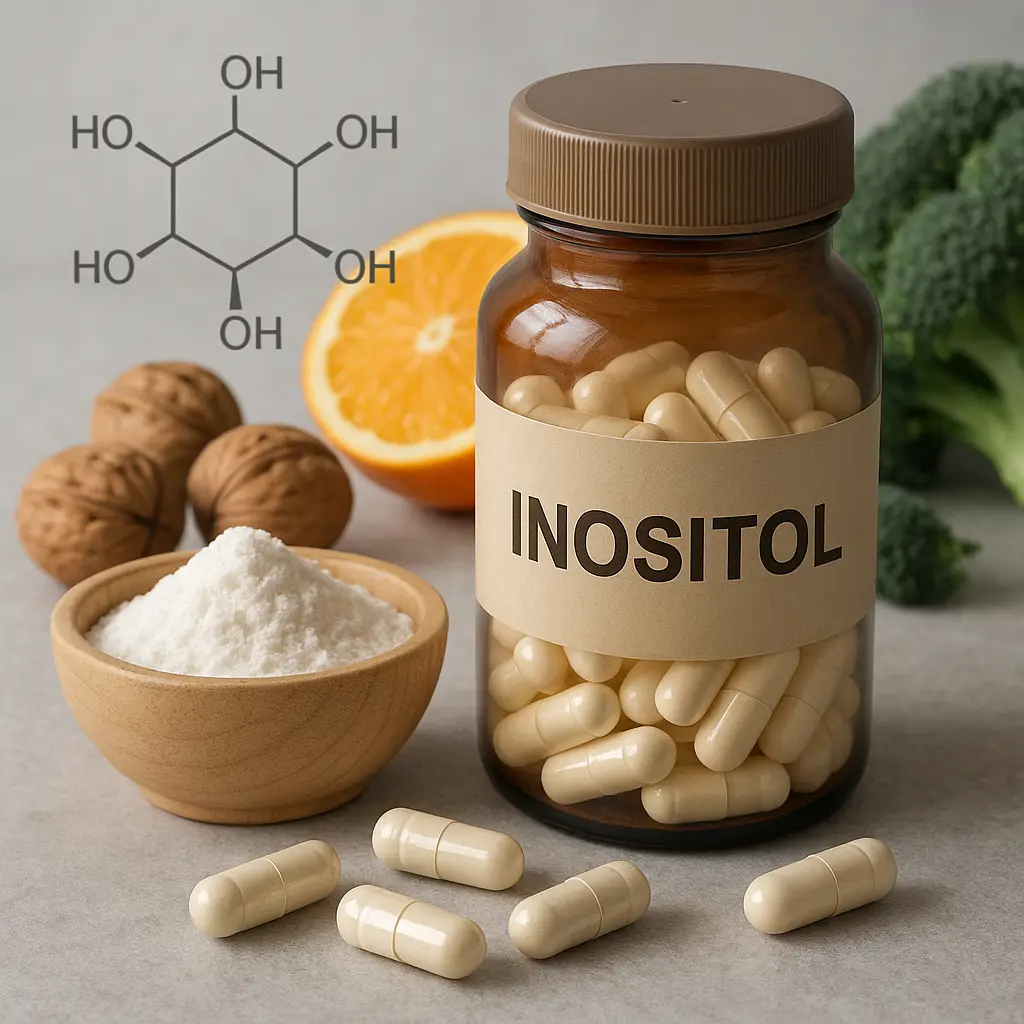
What is Inositol? Inositol is a type of sugar that is classified as a carbohydrate and is part of the vitamin B complex, although it is not official…
Read more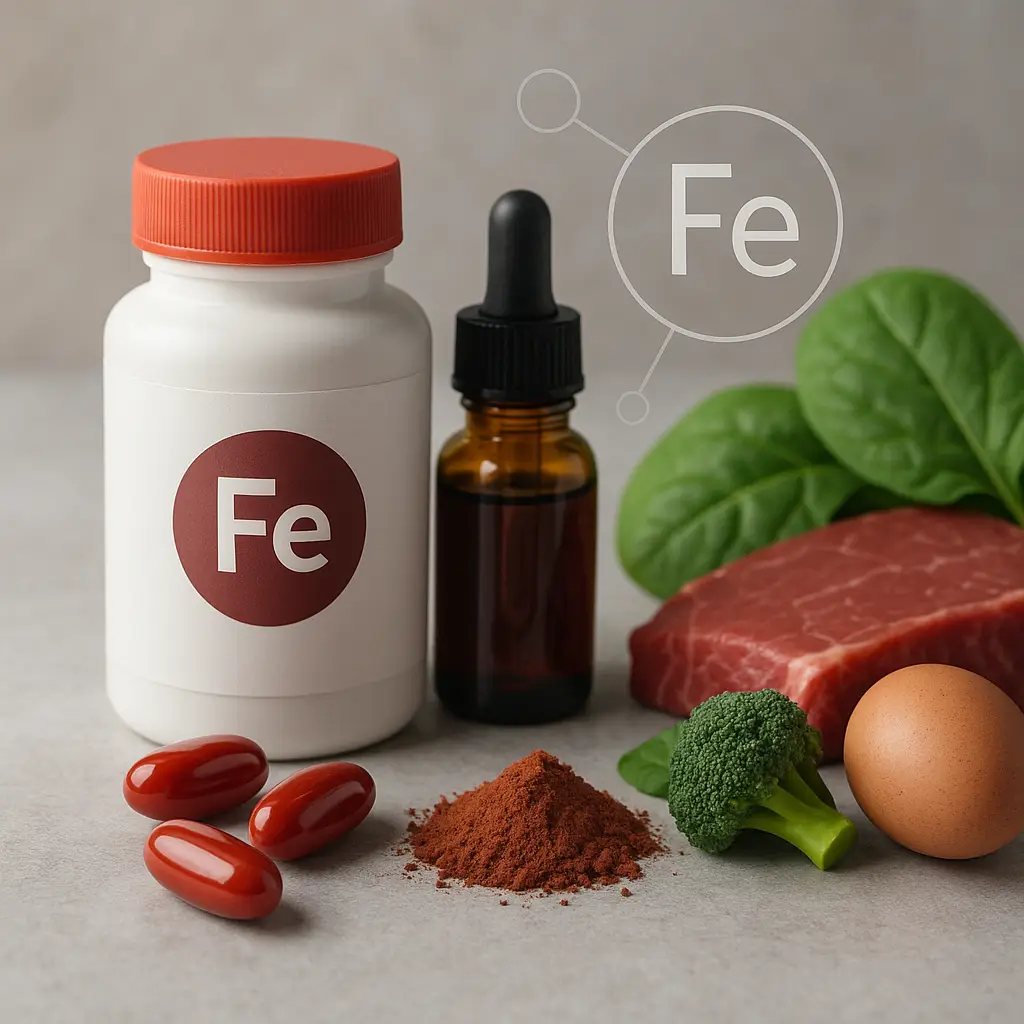
Understanding Iron: The Essential Mineral Iron is a vital mineral necessary for various physiological functions in the body. As one of the most ab…
Read more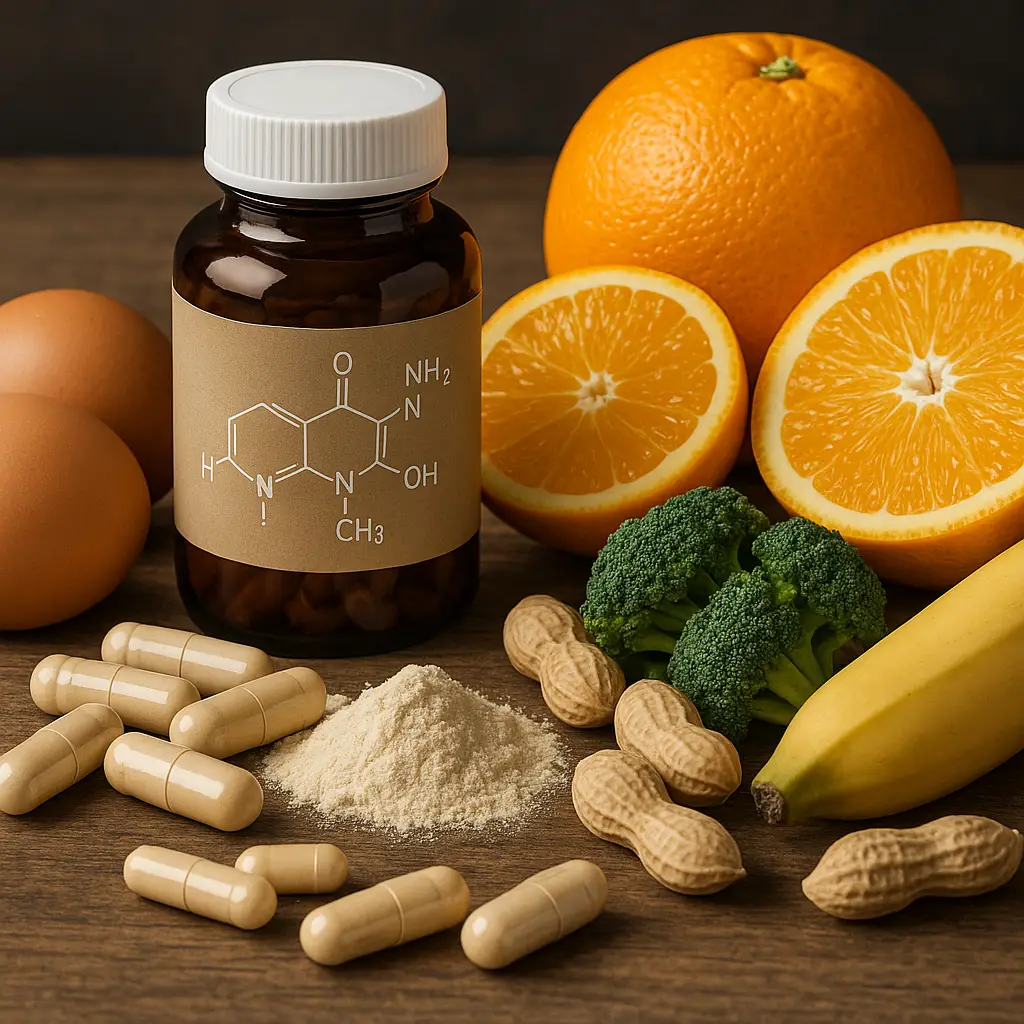
What is Thiamine? Thiamine, also known as Vitamin B1, is a water-soluble vitamin that plays a crucial role in energy metabolism and the functioning …
Read more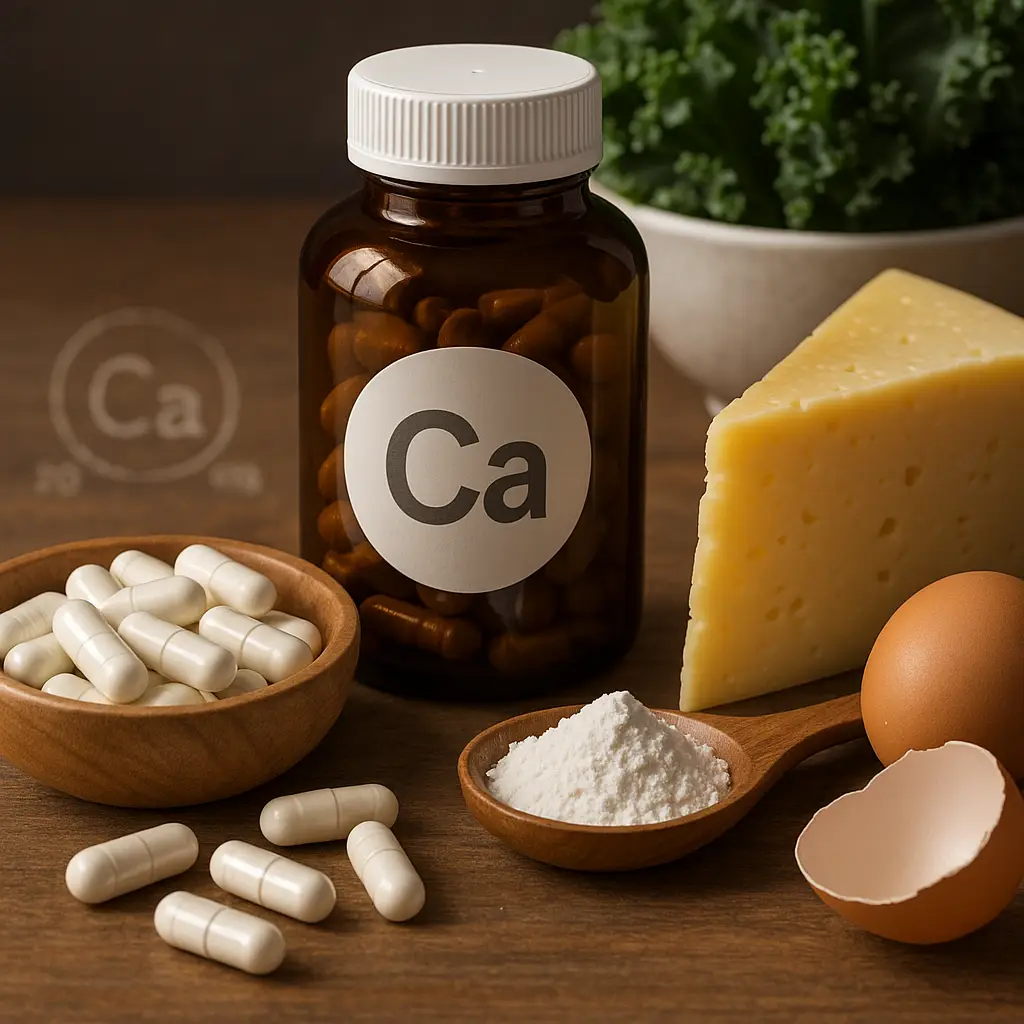
Understanding Calcium: The Essential Mineral Calcium is a vital mineral that plays a crucial role in various bodily functions, most notably in mai…
Read more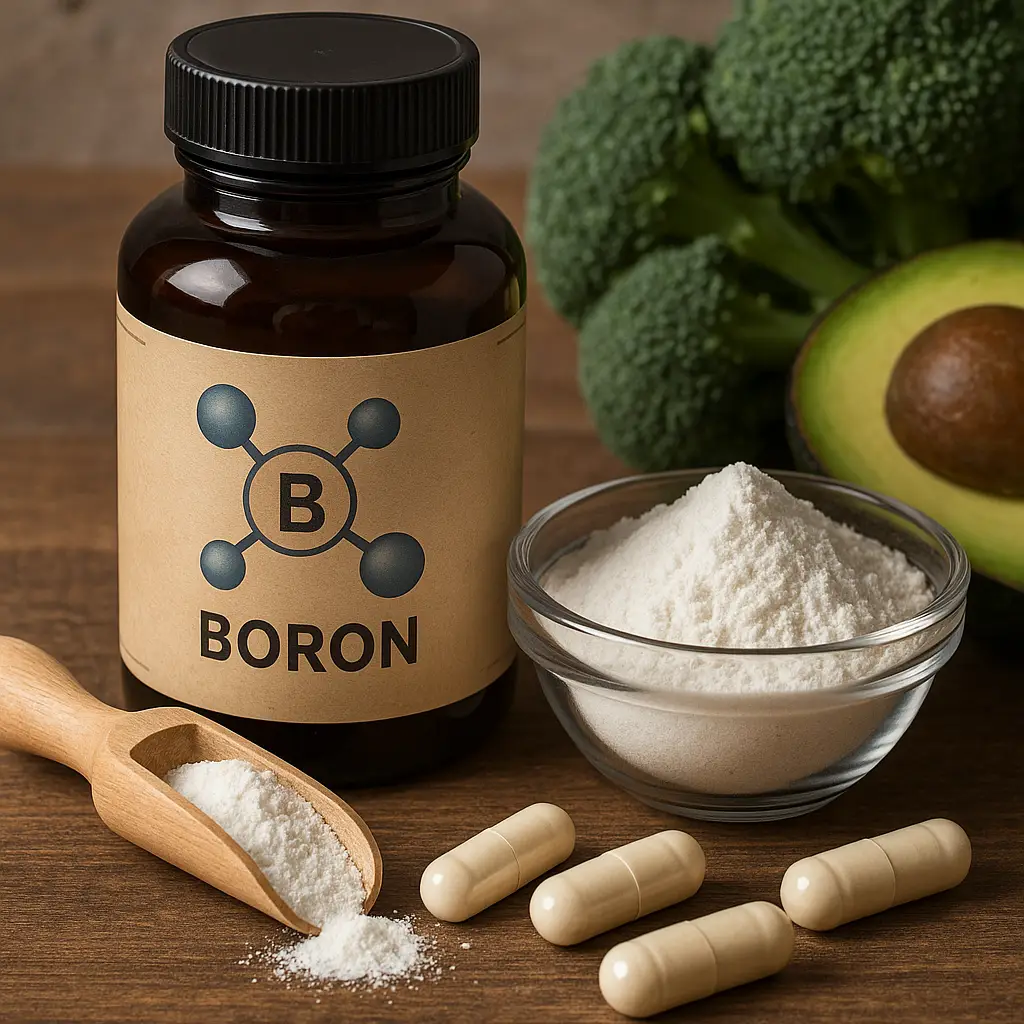
Boron: An Essential Trace Mineral Boron is a naturally occurring trace mineral that plays a critical role in several physiological processes in th…
Read more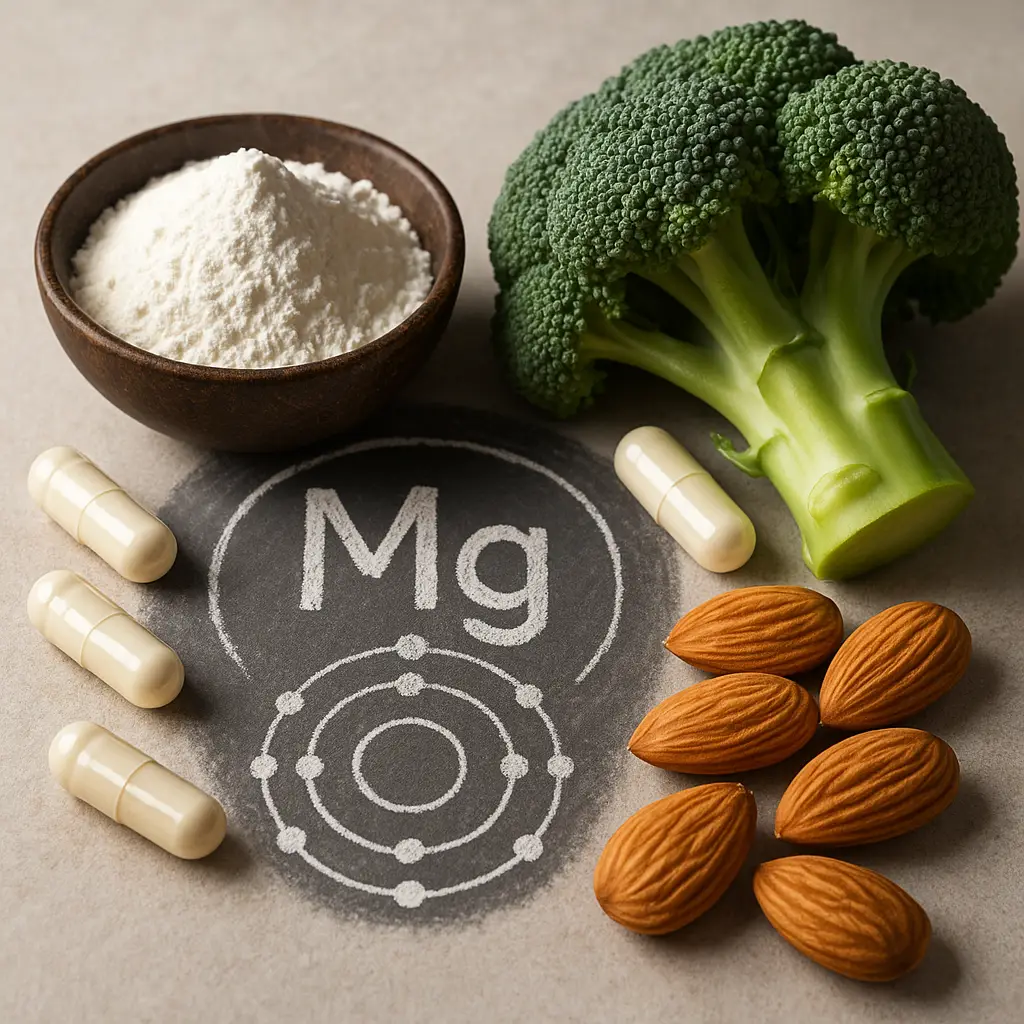
Understanding Magnesium: The Essential Mineral for Human Health Magnesium is a vital mineral that plays a key role in various physiological functi…
Read more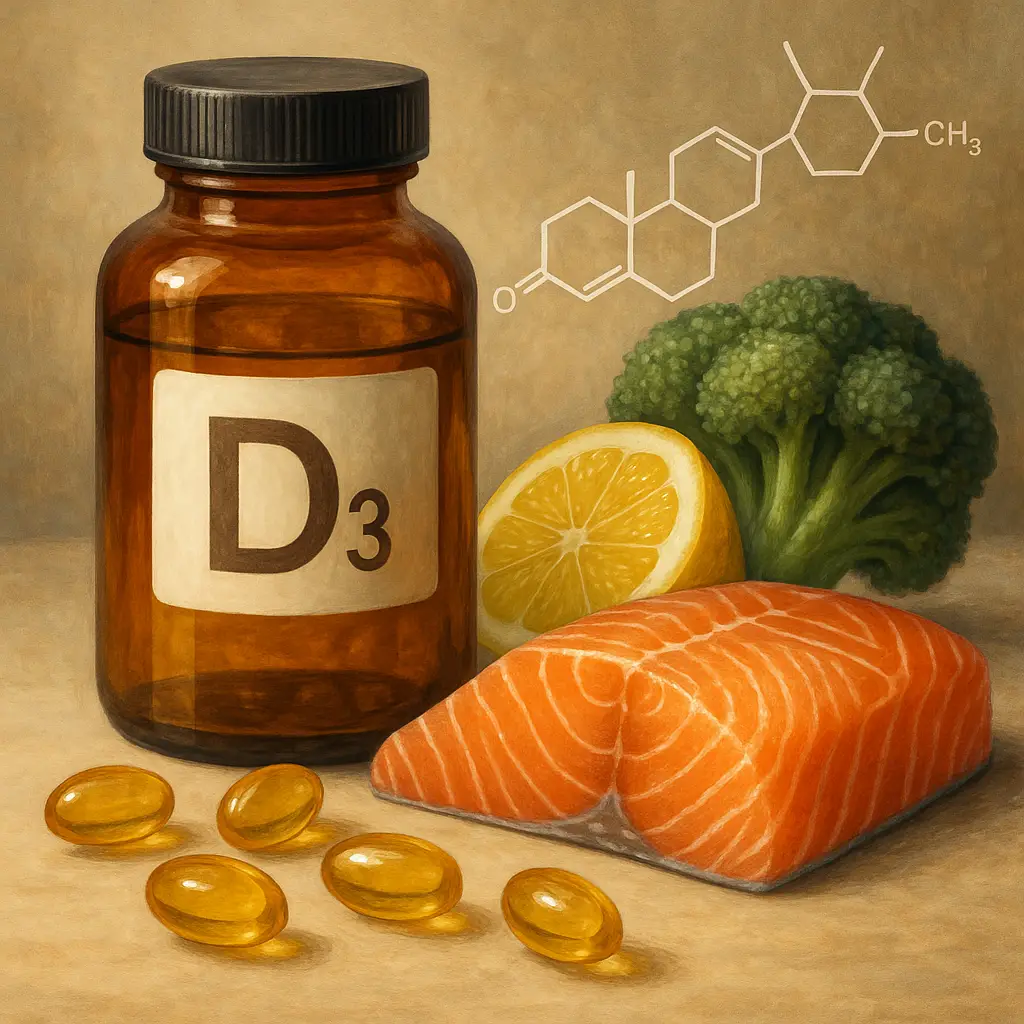
Vitamin D3, also known as cholecalciferol, is one of the two main forms of vitamin D that the body requires for optimal health. It is a fat-soluble v…
Read more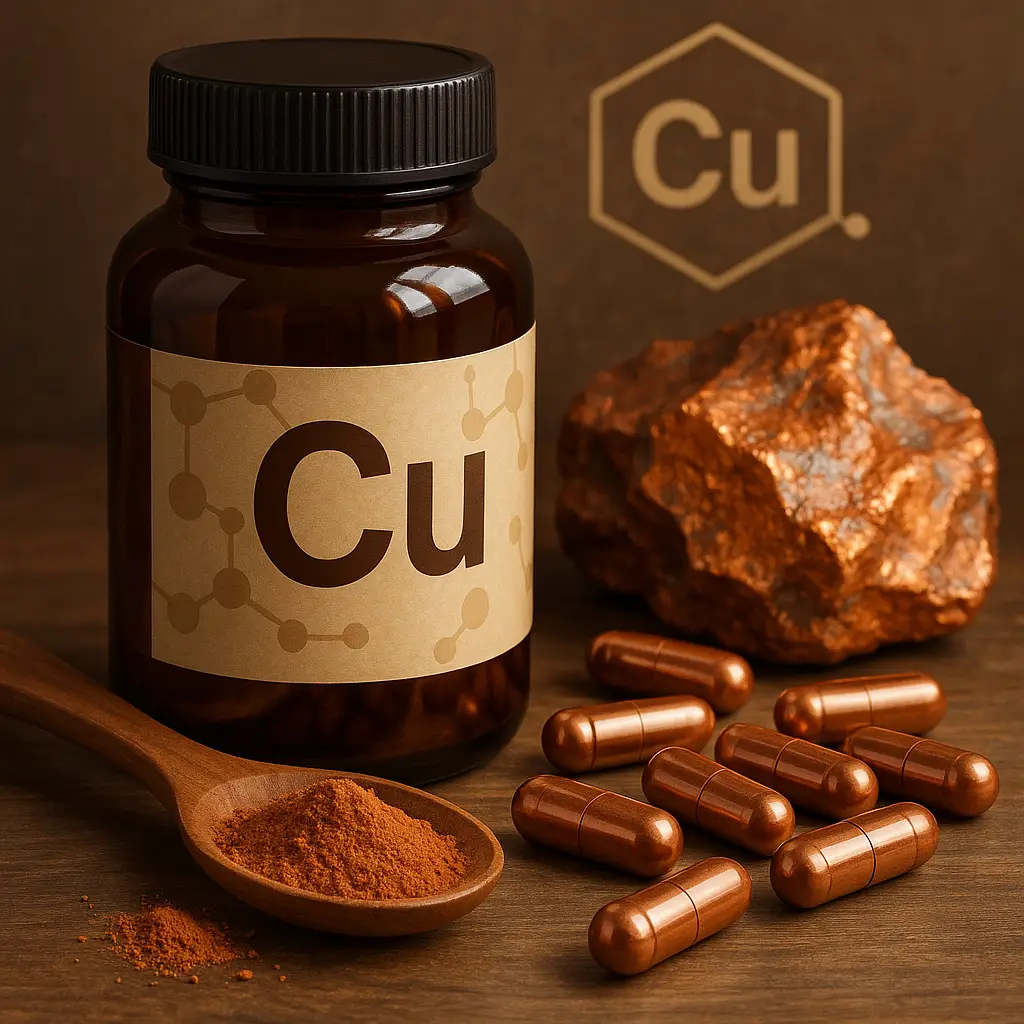
Copper: An Essential Mineral for Health and Performance Copper is a trace element that plays a vital role in several bodily functions. It is an es…
Read more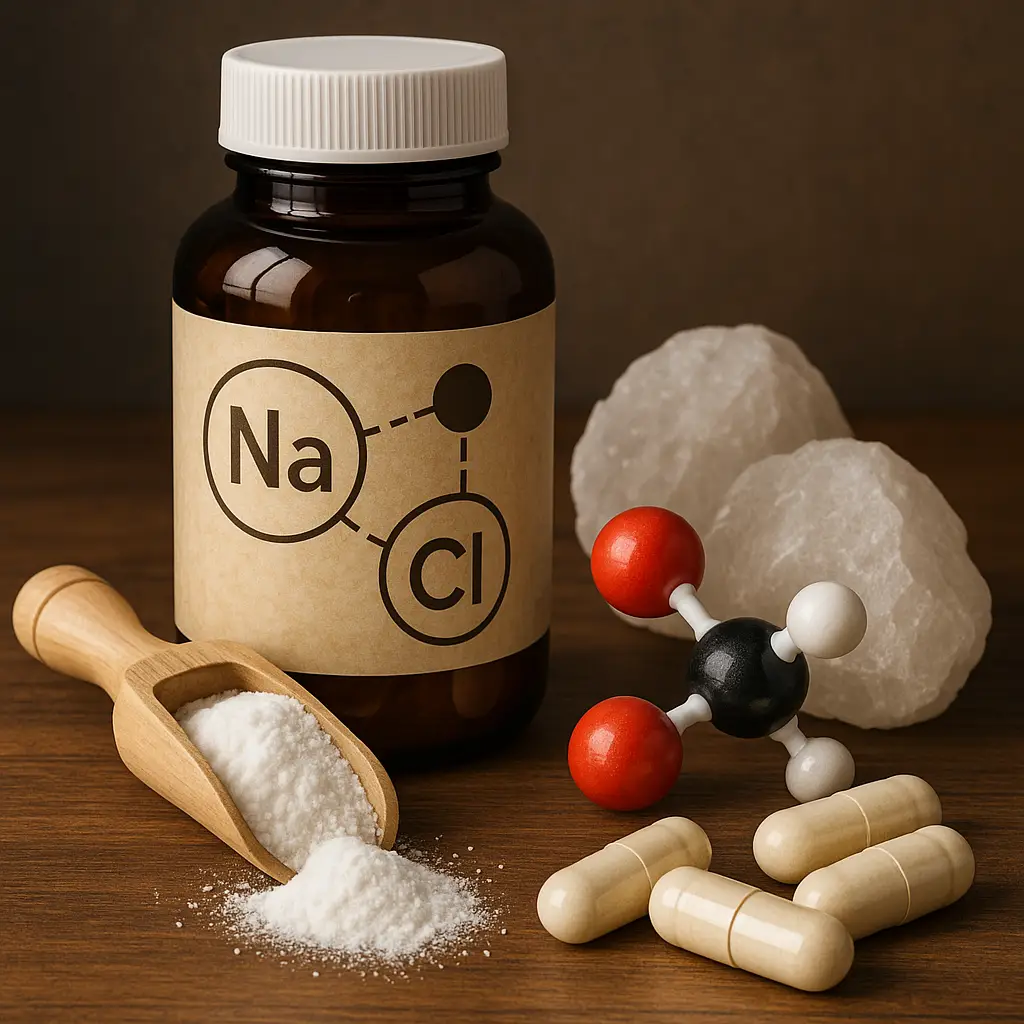
What is Sodium? Sodium is a mineral and an essential electrolyte that plays a crucial role in various bodily functions. It is primarily composed of …
Read more
Maca, scientifically known as Lepidium meyenii, is a root vegetable that originated in the high Andes of Peru, where it has been cultivated for over …
Read more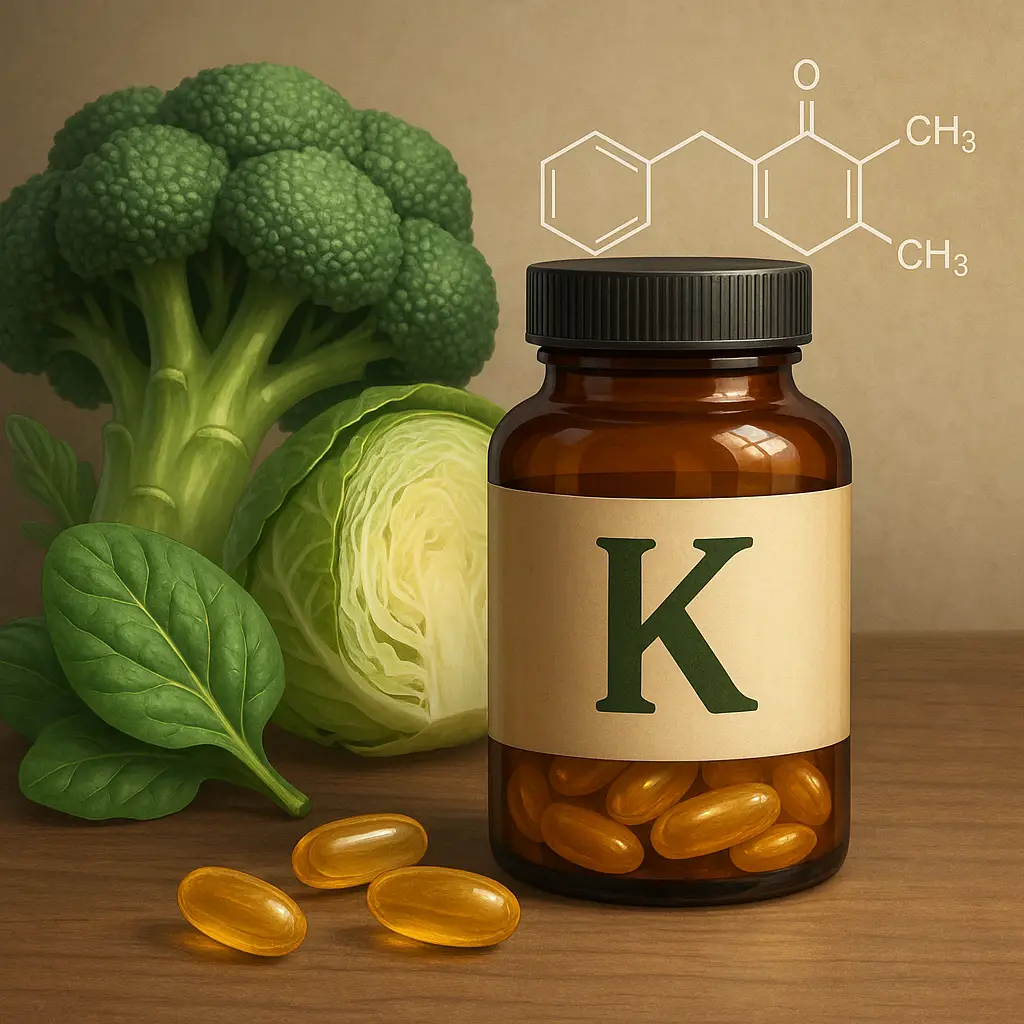
What is Vitamin K? Vitamin K is a fat-soluble vitamin crucial for various bodily functions, most notably blood clotting and bone health. It exists i…
Read more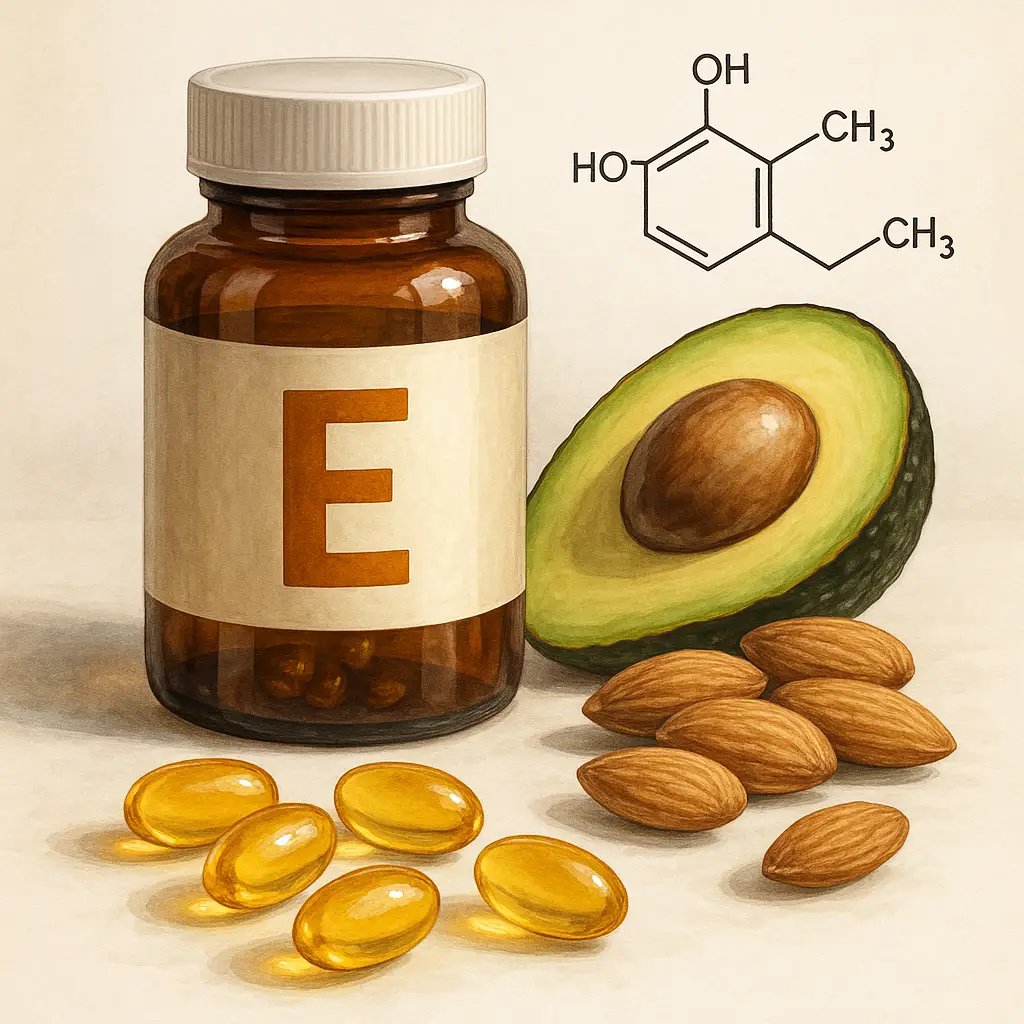
Understanding Vitamin E: The Essential Nutrient for Health and Performance Vitamin E is a fat-soluble vitamin that plays a critical role in mainta…
Read more
What is Bee Pollen? Bee pollen is a nutrient-rich substance collected by bees from the pollen of flowers and mixed with nectar and bee secretions. I…
Read more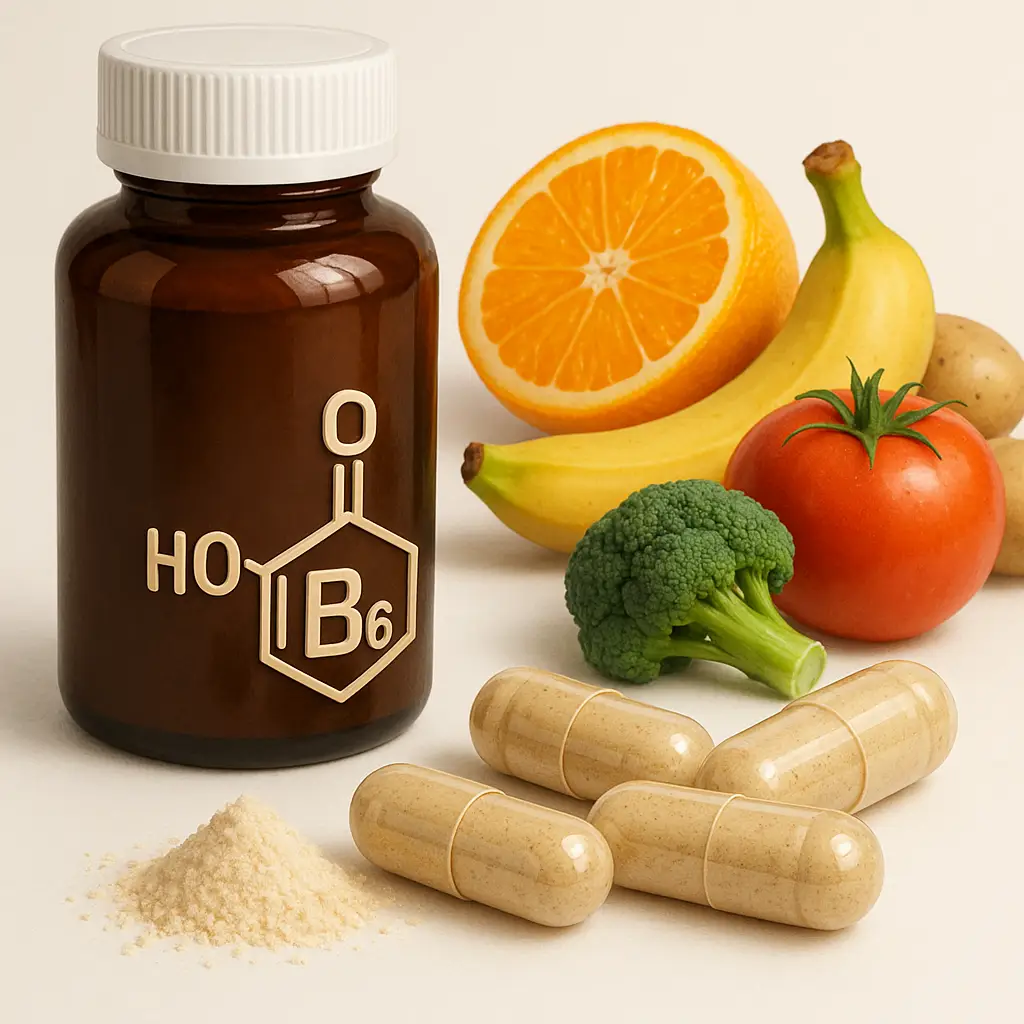
What is Vitamin B6? Vitamin B6, also known as pyridoxine, is a water-soluble vitamin that plays a crucial role in numerous physiological functions. …
Read more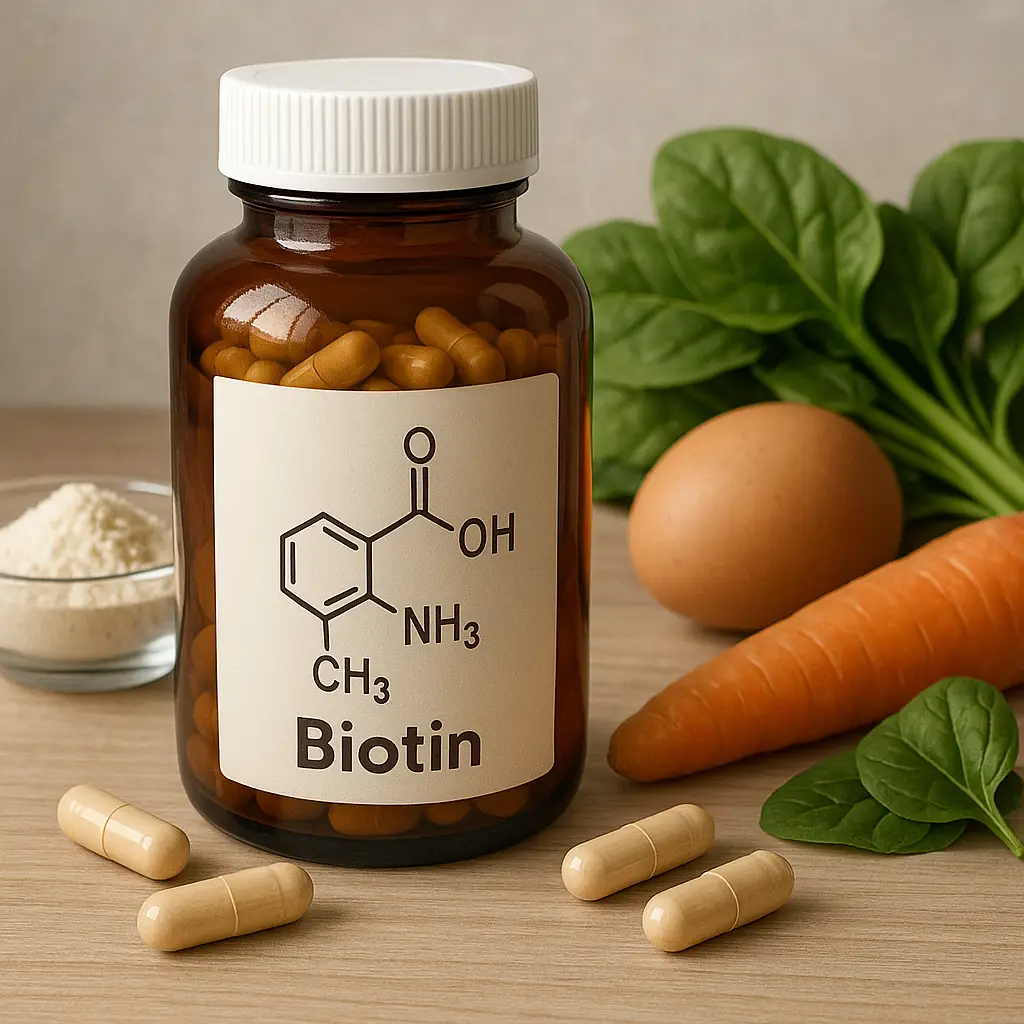
What is Biotin? Biotin, also known as vitamin B7, is a water-soluble vitamin that plays a crucial role in the metabolism of carbohydrates, fats, and…
Read more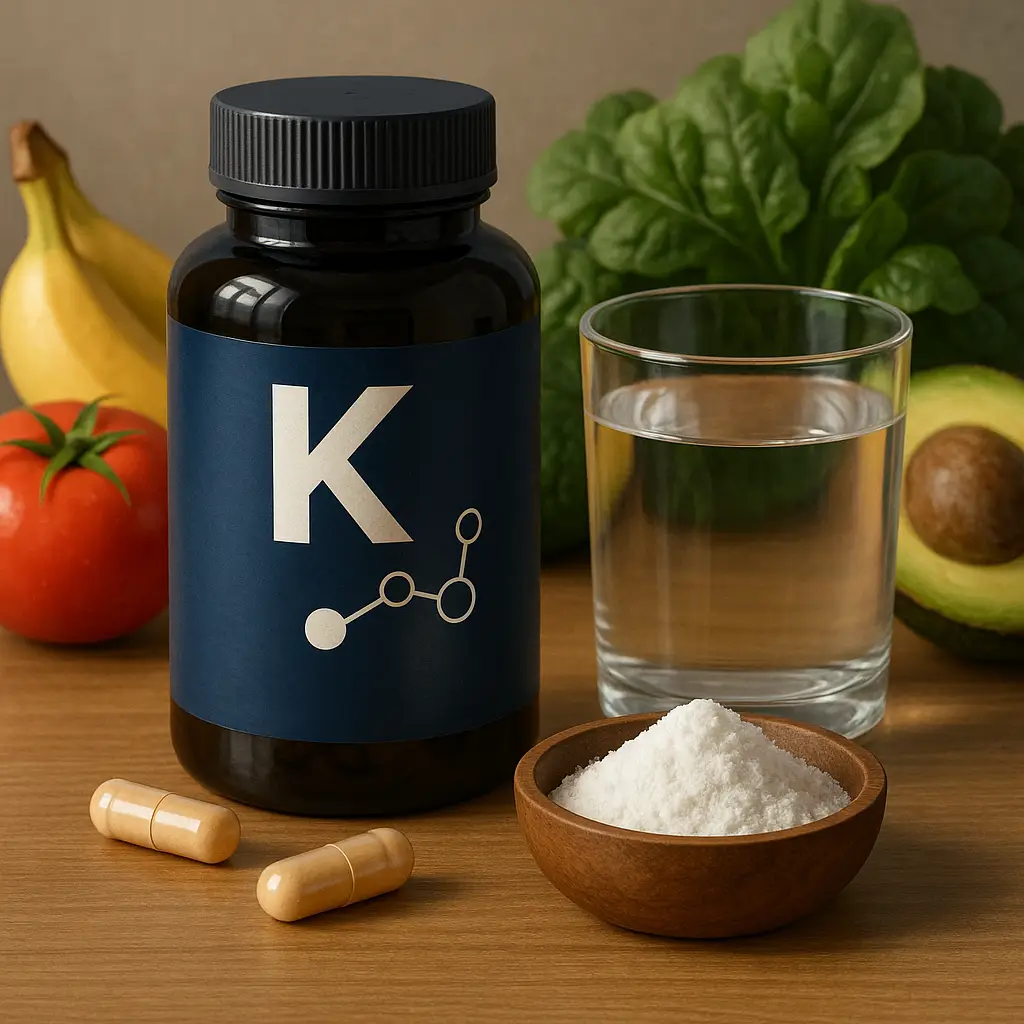
Understanding Potassium: The Essential Mineral for Health and Performance Potassium is a vital mineral and electrolyte that plays a crucial role i…
Read more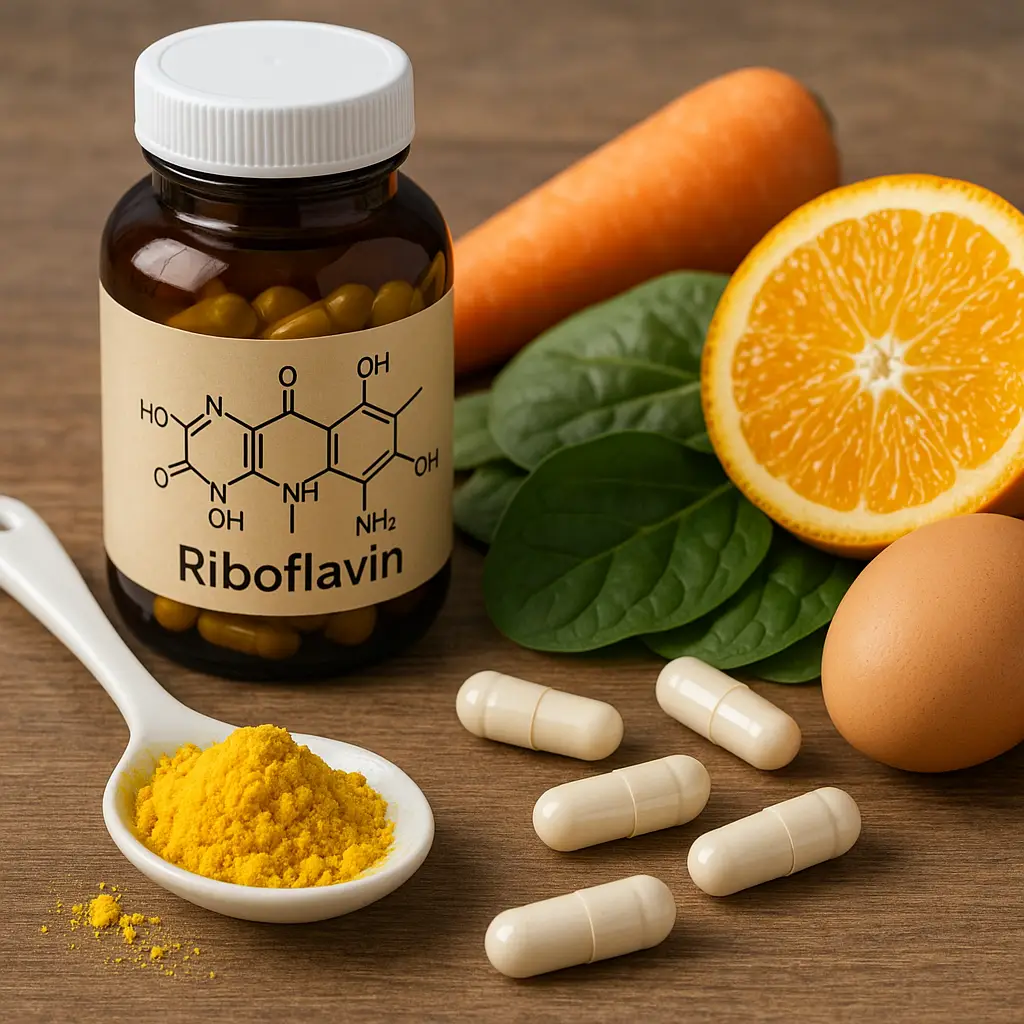
What is Riboflavin? Riboflavin, also known as Vitamin B2, is a water-soluble vitamin that plays a crucial role in energy production and the metaboli…
Read more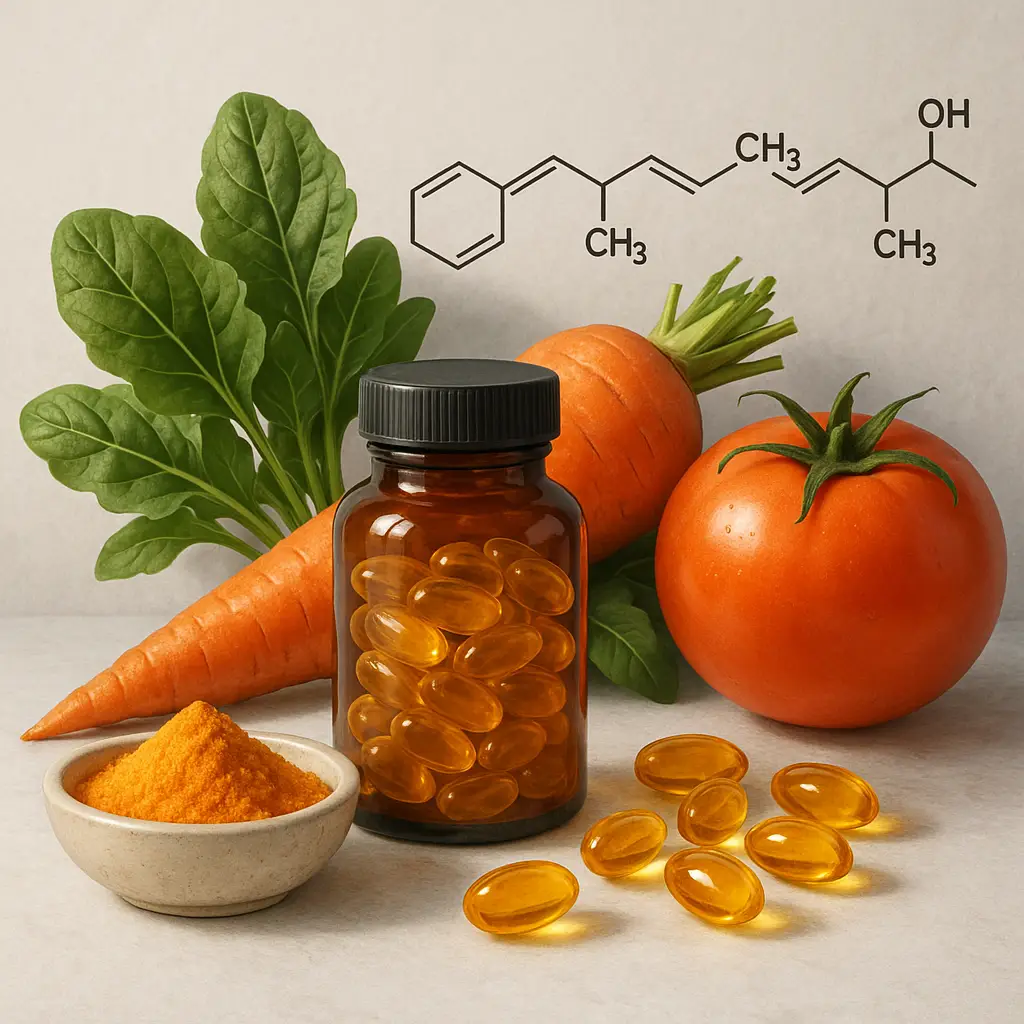
What is Vitamin A? Vitamin A is a fat-soluble vitamin that plays a crucial role in many bodily functions, including vision, immune function, and ski…
Read more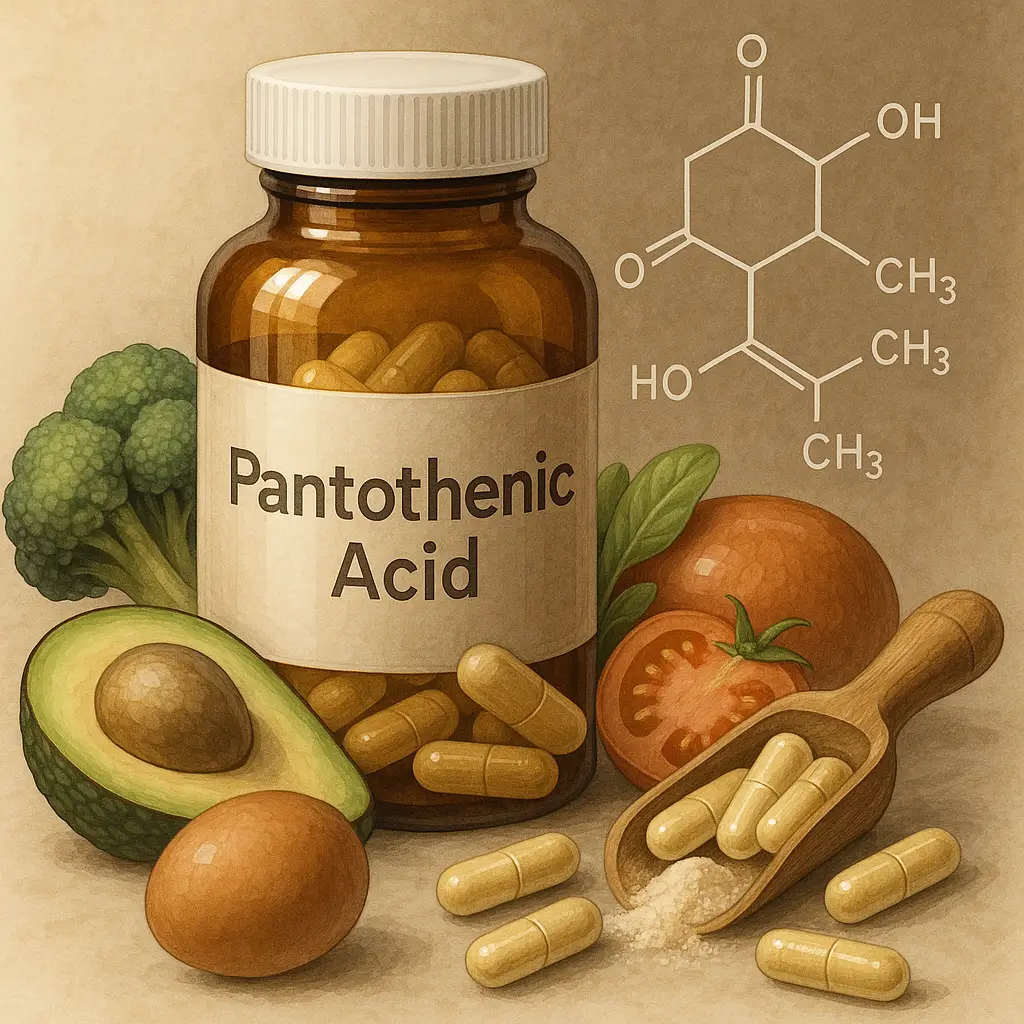
What is Pantothenic Acid? Pantothenic acid, also known as vitamin B5, is a water-soluble vitamin that plays a crucial role in energy metabolism and …
Read more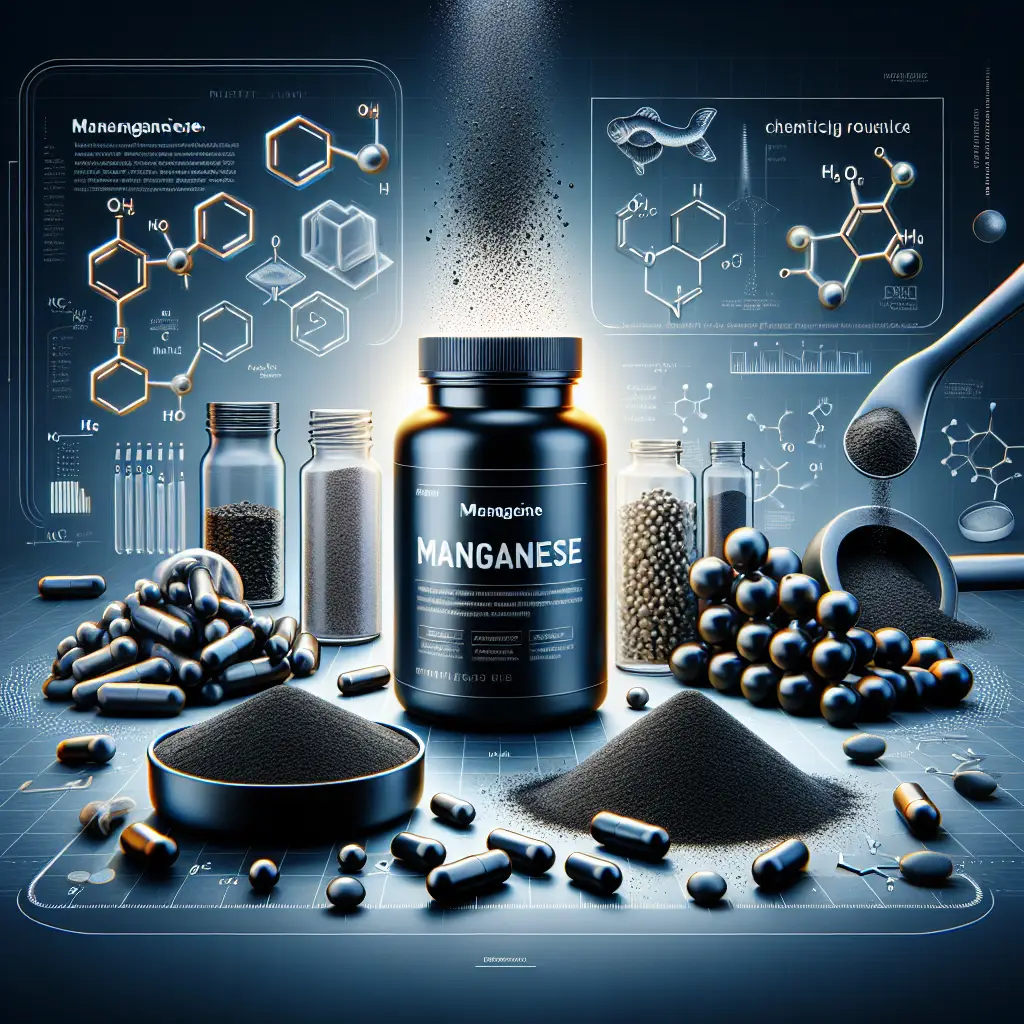
Manganese: An Essential Trace Mineral for Health and Performance Manganese is a trace mineral essential to human health, playing several vital rol…
Read more




